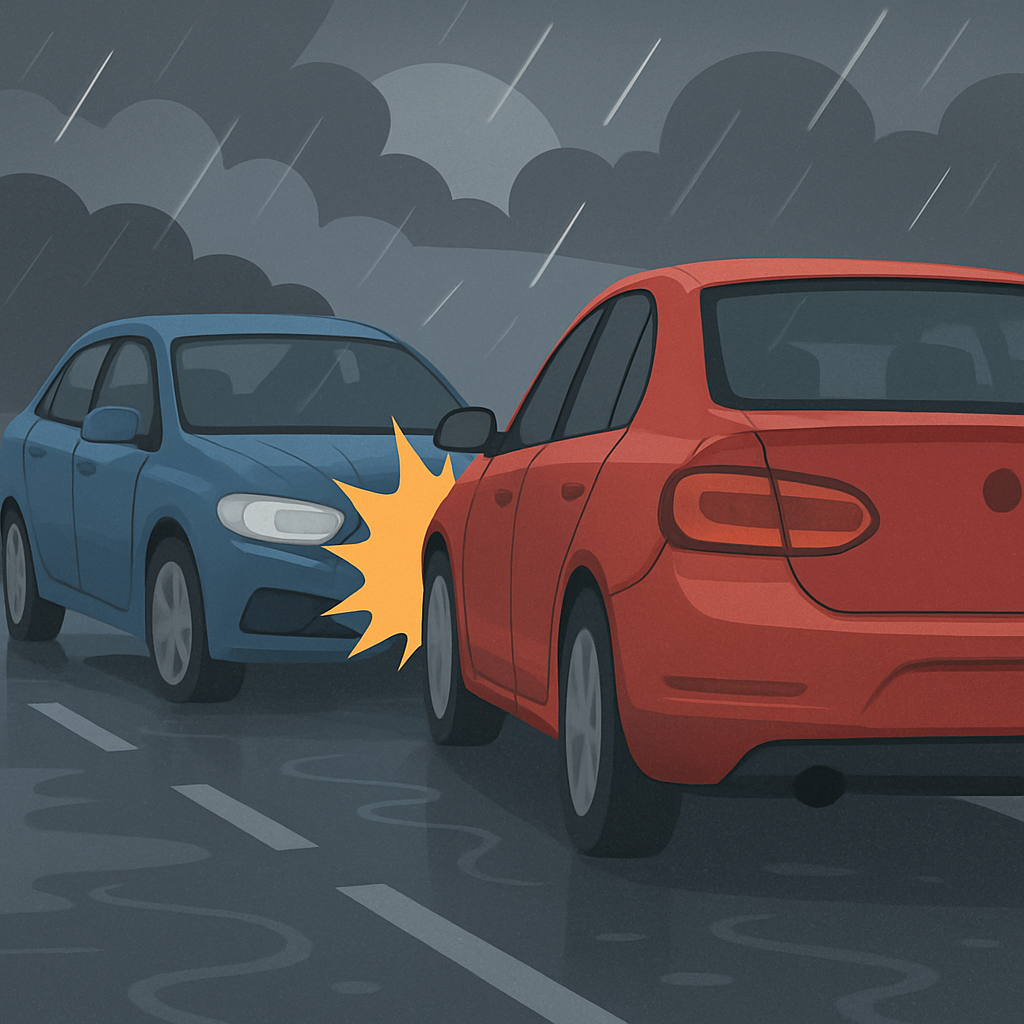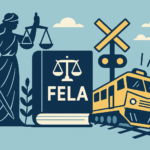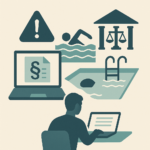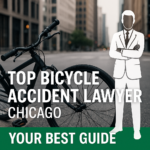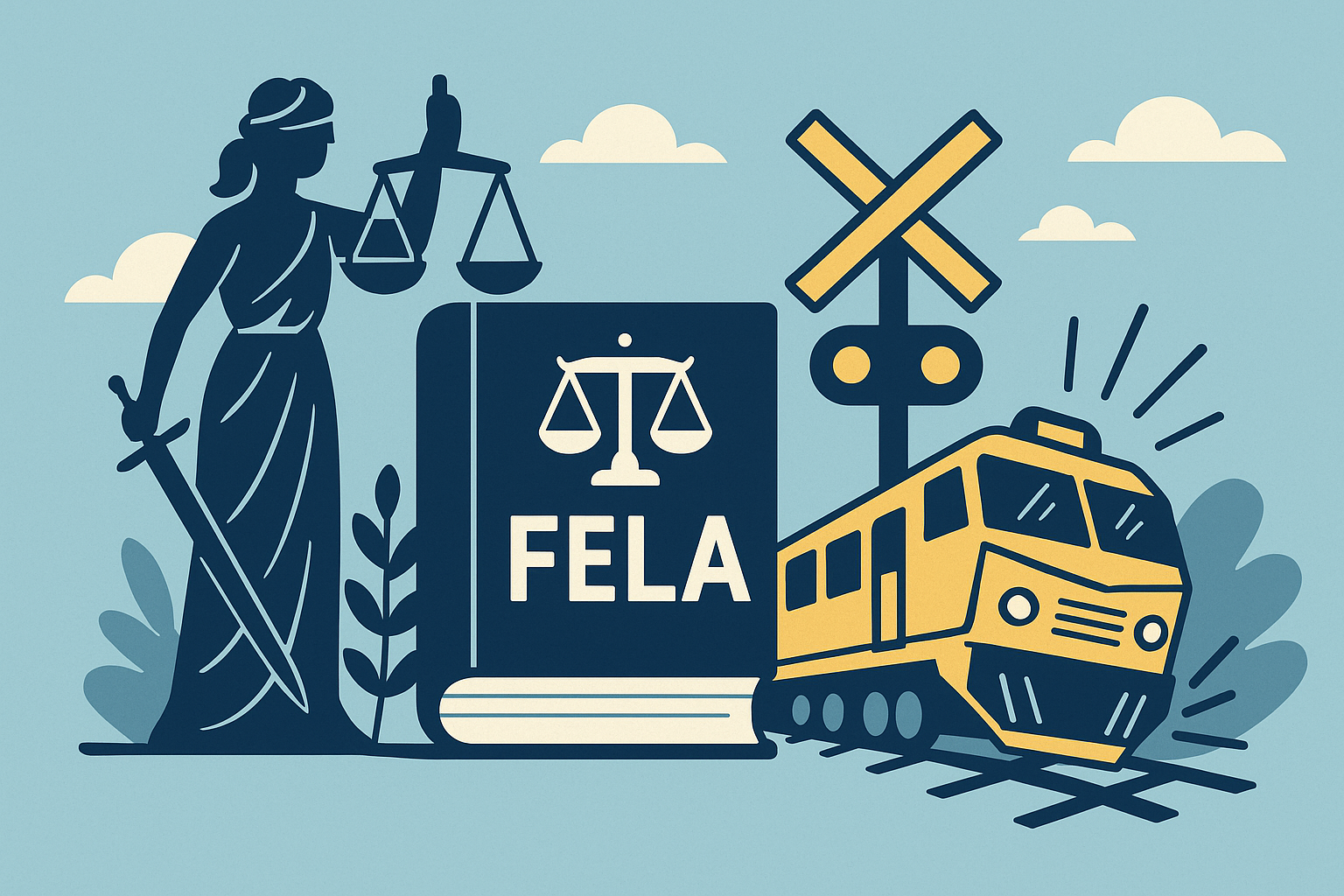Determining liability in a car accident can be a complex issue, especially when the driver is not the owner of the vehicle. For accident victims seeking clarity, understanding who might be held accountable—whether it’s the car owner or the driver—is crucial.
This article delves into the intricacies of liability, examining scenarios and legal principles that determine responsibility. Key topics include insurance policies, the implications of having your name on a car title, and the concept of family car doctrine. With valuable insights geared towards accident victims, we aim to shed light on who bears financial and legal responsibility when accidents occur. Whether you’re dealing with an owned or borrowed vehicle, understanding your rights and obligations is essential.
Understanding Vehicle Insurance Responsibility
Does Insurance Follow the Car or the Driver?
Does insurance follow the car or the driver? In most cases, insurance follows the car rather than the driver. This means that if someone else borrows your car with permission and gets into an accident, your car insurance policy will likely cover the damages. For instance, allowing a friend or family member to drive your vehicle typically results in your insurance being the primary coverage for any accidents they cause.
However, there are exceptions where your insurance may not extend coverage to other drivers. If you rent out your car or lend it to someone without explicit permission, your insurance company could deny claims arising from an accident caused by that unauthorized driver. Understanding these nuances is crucial for accident victims navigating liability issues, especially when the at-fault driver isn’t the registered owner.
A unique consideration is non-owner car insurance, which can protect regular borrowers who don’t have their own vehicle. This type of policy covers the policyholder while driving someone else’s car, providing liability coverage in case of disputes over responsibility. With the increased popularity of car-sharing services, non-owner insurance offers an extra layer of protection for frequent borrowers.
Does insurance follow the car or the driver depends on various factors, such as ownership, permission, and the specifics of the insurance policy. While auto insurance generally follows the vehicle, exceptions and special circumstances can impact liability and coverage. It’s essential to understand your policy’s details and explore additional options like non-owner insurance to ensure adequate protection on the road.
Car Ownership and Legal Liability
Is the Registered Owner of a Car Liable for an Accident?
Does insurance follow the car or the driver? This is a common question that many people ask when it comes to car accidents and liability. The answer is not always straightforward, as it depends on various factors, including the specific circumstances of the accident and the state laws.
In most cases, the driver at fault is primarily liable for any damages or injuries resulting from a car accident. However, the registered owner of the car can also be held responsible in certain situations. For example, if the owner knowingly allows an unlicensed or impaired driver to operate the vehicle, they could share liability for any accidents caused by that driver.
The doctrine of vicarious liability, also known as the family car doctrine, is another scenario where the registered owner of a car may be held liable for an accident. This doctrine implies that if a family member causes an accident while driving a vehicle registered in another family member’s name, the owner could be held responsible. This is based on the assumption that the owner has control over who drives the vehicle and should exercise reasonable care in allowing others to use it.
In cases where a vehicle is co-owned or shared, both parties listed on the title may be equally accountable for any accidents caused by the vehicle, regardless of who was driving at the time of the incident. This is because both owners are considered to have equal control and responsibility over the vehicle’s use.
It’s important to note that liability laws can vary from state to state, and understanding the nuances of these laws is crucial for accident victims navigating the liability landscape. If you’ve been involved in an accident and the car owner wasn’t the at-fault driver, seeking legal guidance can help you understand your rights and navigate the complexities of liability.
Am I Liable If My Name Is on a Car Title?
Simply having your name on a car title doesn’t inherently make you liable for all accidents involving that vehicle. Liability typically hinges on who was driving at the time of the incident and the specific circumstances surrounding the accident. According to Clear Counsel, liability issues can potentially arise if it’s proven that you knowingly allowed an unfit driver to operate the car.
If your name appears on the title alongside another person’s, only the individual who was driving or directly responsible for causing the accident generally bears legal responsibility. However, co-ownership can sometimes complicate the assignment of liability, necessitating thorough documentation to clarify ownership and usage agreements.
An often-overlooked consideration is ensuring that your name on the title aligns with the information listed on the car’s insurance policy. Failing to do so can potentially affect coverage outcomes in the event of an accident. As highlighted by American Insurance, having title ownership generally requires maintaining personal insurance coverage to mitigate potential liability risks.
It’s also worth exploring the nuances of non-ownership liability in situations where your name is listed on the title merely for convenience or financial reasons, rather than actual ownership. Such arrangements underscore the importance of having clear agreements and insurance policies that distinctly address potential liabilities to avoid any ambiguity or confusion.
Liability Scenarios Involving Minors and Family Members
Who Is Responsible for Financial Consequences of a Minor Driving?
When a minor is involved in a car accident, the financial responsibility often falls on the parents or legal guardians who consented to the minor obtaining a driver’s license. This concept, known as parental liability, holds parents accountable for their child’s negligent actions while driving. Several jurisdictions have laws in place that directly link liability to the parent who signed the minor’s driver’s license application. By providing this consent, the parents essentially agree to cover any financial repercussions that may arise from their child’s driving mishaps, including costs that exceed the limits of their insurance coverage.
It’s important to note that even if the minor has a separate auto insurance policy, parents can still be held liable and potentially sued if the damages resulting from the accident exceed the coverage provided by the minor’s policy. This legal framework highlights a unique scenario where the financial liability extends beyond just the vehicle’s ownership. Even in situations where the minor is driving a car that is not owned by them or their parents, the parents who consented to the minor’s driving privileges may still be held responsible for the consequences of the accident.
Understanding the implications of both ownership and insurance policies is crucial when navigating issues of accident liability, especially in cases where the driver is not the registered owner of the vehicle involved. Recognizing the potential financial risks associated with granting driving privileges to minors is essential for parents and guardians to make informed decisions and take appropriate precautions to mitigate potential liabilities.
Family Car Doctrine: What Does It Mean?
The Family Car Doctrine is a legal principle that holds the owner of a vehicle responsible for accidents caused by family members using the vehicle. This doctrine broadens liability, where the vehicle owner, often the head of household, is deemed liable for any negligent acts of family members using the car. It creates a form of vicarious liability, extending beyond the person actually driving.
In addition, this doctrine adds a layer of protection for accident victims, ensuring they can seek compensation from the vehicle’s owner, especially if the driver’s insurance is insufficient.
A less-discussed aspect is how this doctrine impacts insurance policies. Families should review their insurance coverage to understand how this legal principle might affect liability claims, especially in cases where family members frequently use each other’s vehicles. Understanding these nuances is crucial for accident victims dealing with liability issues involving non-owner at-fault drivers within a household.
The Family Car Doctrine primarily applies when a vehicle is maintained by a household head for general family use. It broadens liability for the vehicle owner, often the head of household, who is deemed liable for any negligent acts of family members using the car. This creates a form of vicarious liability, extending beyond the person actually driving the vehicle.
Legal Implications and Lawsuits
Car Accident: Sue Driver or Owner?
When a car accident occurs, the question of who to hold liable often arises – should you sue the driver or the owner? This decision can be complex, as legal responsibility hinges on various factors. In most cases, the negligent driver bears the primary culpability and can be sued directly for their actions. However, there are situations where the vehicle owner may also be held liable.
If the owner knowingly allowed an unfit or unlicensed driver to operate their vehicle, or if they failed to maintain it properly, contributing to the accident, they could share responsibility. The legal principle of vicarious liability comes into play when the driver was acting as an agent or employee of the vehicle owner. In such instances, both parties may be held accountable.
Notably, certain state laws and family doctrines can automatically extend liability to the vehicle owner, even if they were not directly involved in the accident. For instance, parents can be held responsible for accidents caused by their minor children driving the family car.
To ensure comprehensive compensation, accident victims may strategically target both the driver and the owner in their claims. This approach is particularly crucial when the at-fault driver does not own the vehicle, as it addresses liability thoroughly and effectively.
Navigating the intricacies of liability in car accidents requires a deep understanding of applicable laws and legal principles. Consulting with experienced Chicago car accident attorney can help victims make informed decisions and pursue the most appropriate course of action.
Quick Take Aways
- Insurance Coverage: Typically follows the car rather than the driver, meaning your policy often covers accidents even if someone else is driving your vehicle.
- Owner Liability: The registered car owner may be liable if they permit an unfit or impaired driver to operate the vehicle.
- Parental Responsibility: Financial liability for minors driving often falls on the parents or guardians who allowed the minor to obtain a driver’s license.
- Family Car Doctrine: Extends liability to vehicle owners for accidents caused by family members driving the family car, often the head of household is responsible.
- Legal Decisions: When suing after an accident, targeting both the driver and owner may ensure comprehensive compensation, especially if the driver isn’t the vehicle owner.
- State Variations: Liability laws differ across states, affecting who can be held accountable in a car accident, whether it’s the owner, driver, or both.
- Vicarious Liability: This doctrine can hold a vehicle owner liable if the driver is acting as an agent or employee, emphasizing the importance of understanding employment dynamics in liability claims.
Frequently Asked Questions
- Who is primarily liable in a car accident, the owner or the driver?
The primary liability in a car accident generally falls on the driver because they are the one in control of the vehicle at the time of the crash. However, the owner can also be held liable if they knowingly allowed an unlicensed or impaired person to drive their vehicle.
- Are car owners liable for accidents involving their vehicles driven by someone else?
Car owners can be liable for accidents involving their vehicle if they permitted a careless or unqualified driver to operate their car. This is known as “vicarious liability” or “negligent entrustment,” where the owner’s responsibility stems from lending the car to someone potentially dangerous or unfit for driving.
- Does the driver’s insurance cover liabilities in car accidents, regardless of car ownership?
Yes, usually the driver’s insurance is first in line for covering liabilities in an accident. However, if the damages exceed the driver’s insurance coverage, the car owner’s insurance may be used, especially if the driver had permission to use the car at the time of the accident.
- Can the car owner face liability in a hit-and-run case caused by their vehicle?
In hit-and-run accidents where the vehicle’s owner was not driving, liability may still extend to the owner if it can be proven they allowed someone else to drive the car, especially if that person is unlicensed, reckless, or legally impaired.
- What are some defenses for car owners against liability when someone else causes an accident with their vehicle?
Car owners can defend against liability by demonstrating that they did not give permission for the driver to use the vehicle, or that the driver took the car without their knowledge. Additionally, proving that the driver was competent and had a valid license when the car was lent can also help mitigate owner liability.
Injured by a Driver Who Didn’t Own the Car? Know Your Legal Options Now — Contact Ori Law Group Today
Navigating the complexities of vehicle insurance and liability is crucial for accident victims, especially when the at-fault driver did not own the vehicle. Understanding that insurance typically follows the car rather than the driver can assist in predicting how claims might be processed if an accident occurs. However, knowing when owner liability comes into play, such as in the case of an unfit driver or through doctrines like the Family Car Doctrine, helps prepare vehicle owners and users alike for sharing responsibility in certain situations.
The role of parental liability is particularly critical in cases involving minors, reinforcing the importance of understanding the full scope of consequences when allowing young drivers access to vehicles. Additionally, while suing a driver directly is often the immediate recourse after an accident, incorporating the vehicle owner in claims can ensure more comprehensive compensation, especially when the driver is not the owner. Understanding the implications of vicarious liability and similar legal principles further assists in making informed decisions.
For accident victims looking for clarity amidst these complex scenarios, seeking guidance from legal professionals is invaluable. They can assist in evaluating liability issues thoroughly and pursuing rightful compensation effectively. It’s recommended to review your current insurance policy or consult with a professional to ensure adequate coverage and understanding of liabilities. Take proactive measures today to safeguard yourself and make informed decisions on the road ahead.
References
1. Hancock Injury Attorneys. (2024, October 4). Who is Liable: The Car Owner or Driver?
2. Panish | Shea | Ravipudi LLP. (2024, April 8). Liability in a Car Accident With a Borrowed Car
3. FindLaw. (2024, July 19). Borrowed Car Accidents: Who Pays?
4. Progressive. (n.d.). Does Car Insurance Cover the Car or Driver?
5. The Bruning Law Firm. (2024, January 16). Who Is Liable, the Car Owner or the Driver?


